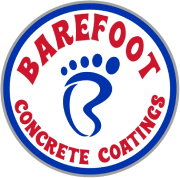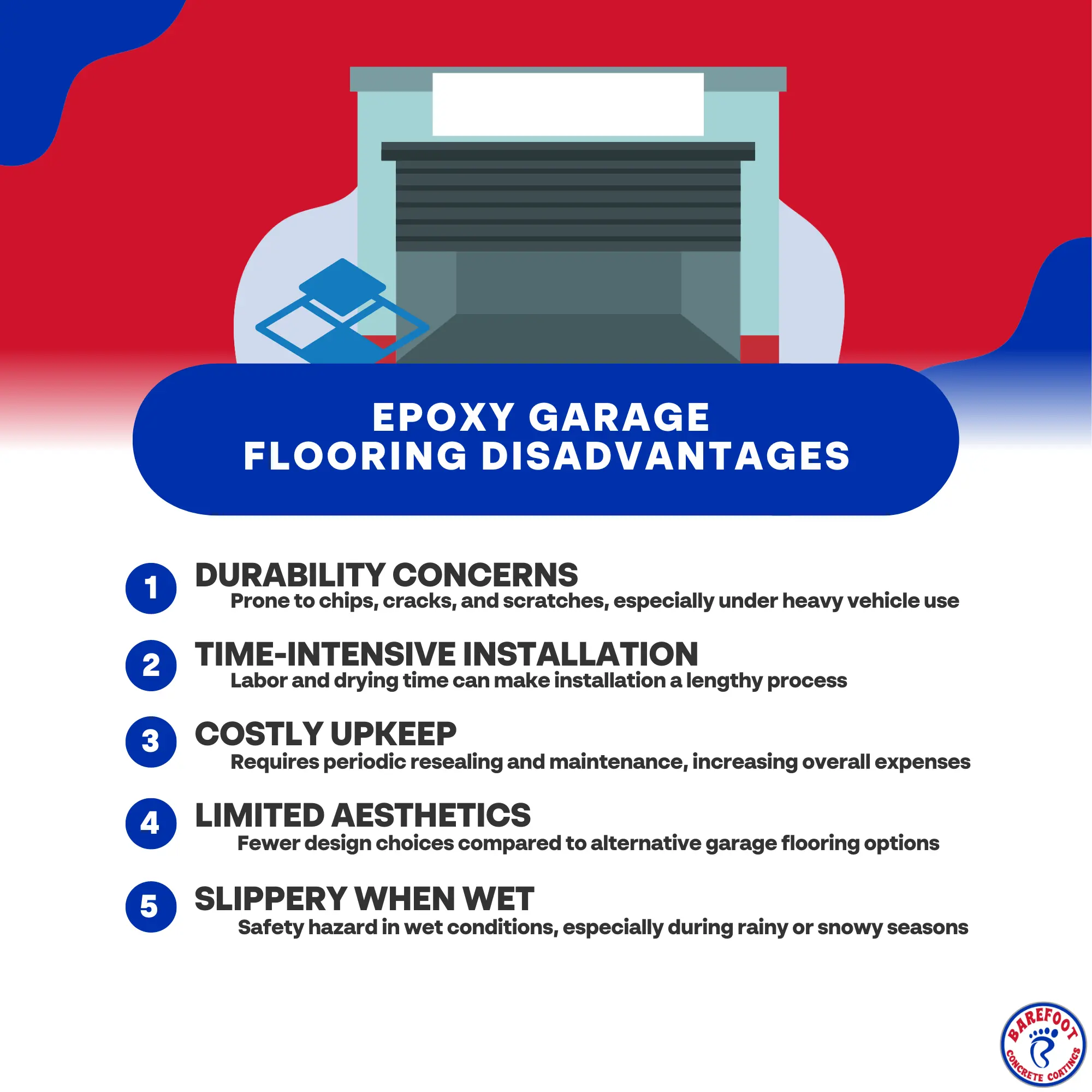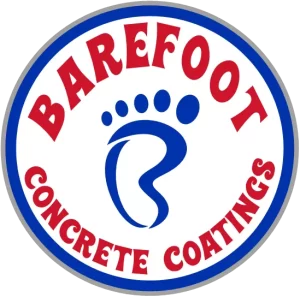When it comes to garage flooring, finding the right material is crucial. The garage serves as a multi-functional space, from housing vehicles to being a workshop or storage area. It needs a floor that can withstand heavy traffic, impacts, and spills.
Epoxy flooring is one option known for its durability and aesthetic appeal. It’s a popular choice for homeowners looking to enhance their garage’s look while ensuring long-term protection. But like any other flooring type, epoxy has its own set of pros and cons. One has to explore its disadvantages first before doing a full renovation.
What is Epoxy Flooring?
When epoxy resin is combined with a hardening agent, the result is a type of surface coating called epoxy flooring. This is a rigid plastic material applied to the floor, forming a seamless and durable layer.
Epoxy is a go-to choice for a lot of residential and commercial buildings. Its durability against wear and tear makes it a popular choice for garages.
Advantages and Disadvantages of Epoxy Flooring
Here are the benefits and drawbacks of epoxy flooring:
Advantages of Epoxy Flooring
Epoxy flooring has several advantages, including:
1. Durability
This is the key feature of an epoxy flooring. Its resistance to impacts, stains, chemicals, and surface abrasions makes it the top choice for flooring. A properly installed and maintained epoxy floor can last for many years, even in high-traffic areas like garages.
2. Aesthetic Appeal
Epoxy coatings can give your garage floor a polished and professional look. The material is available in various colors and finishes, allowing you to customize the appearance of your garage.
3. Seamless and Easy to Clean
Epoxy creates a smooth and seamless surface, which means there are no cracks or joints for dirt, dust, or liquids to seep into. This makes the floor easy to clean and maintain, requiring only regular sweeping and occasional mopping.
4. Chemical Resistance
Epoxy flooring can withstand exposure to chemicals, including oil, gasoline, and cleaning solvents. This is a significant advantage for garage floors, as it provides protection against stains and potential damage from automotive fluids.
5. Safety Features
Many epoxy coatings can be formulated to provide slip-resistant properties, enhancing safety in your garage. These options are particularly beneficial if you use your garage as a workshop or frequently deal with wet conditions.
Disadvantages of Epoxy Flooring
While epoxy flooring offers many benefits, it also has some potential drawbacks, including:
1. Upfront Cost
Epoxy flooring can be expensive, both in terms of materials and installation. The cost will depend on various factors, such as the size of your garage, the condition of the existing floor, and any customization options you choose.
2. Complexity of Installation
The installation process for epoxy flooring is complex and requires skill. It typically involves multiple steps, including surface preparation, primer application, and the final epoxy coating. To achieve a high-quality result, it’s often best to hire a professional flooring contractor, which can add to the overall cost.
3. Time-Consuming
Epoxy flooring takes time to install properly. The process can involve waiting for each layer to dry before applying the next, extending the overall installation timeline. If you’re looking for a quick garage floor solution, epoxy may not be the best choice.
4. Susceptible to Temperature Changes
Epoxy can be sensitive to extreme temperature changes. In cold conditions, the flooring may become hard and brittle, potentially leading to cracks. In contrast, in hot environments, the epoxy can soften and become prone to deformation. This means that if your garage is not temperature-controlled, epoxy may not be the most suitable flooring option.
5. Slipperiness
Some epoxy formulations can be slippery, especially when wet. This can be a safety concern in a garage, where spills are common. However, it’s worth noting that many epoxy products offer slip-resistant additives, so you can mitigate this risk by choosing a non-slip option.
6. Limited Repair Options
If an epoxy floor gets damaged, the repair options are often limited. In most cases, you’ll need to recoat the entire floor to ensure a seamless finish, which can be costly and time-consuming.
Are You Considering Epoxy Flooring for Your Garage?
If you’re thinking about getting an epoxy floor for your garage, weigh the advantages and disadvantages carefully. Consider the upfront cost and the complexity of the installation process against the durability and long-term benefits.
Also, assess if your garage’s temperature is stable because extreme changes can affect the performance of the epoxy. If you prioritize a flooring material that can be easily repaired, epoxy may not be the best fit.
Remember, too, that safety is essential. If you’re concerned about potential slipperiness, opt for an epoxy coating with added traction.
Ultimately, the decision will depend on your specific needs, budget, and aesthetic preferences. Epoxy flooring can be an excellent investment for your garage if you’re willing to bear the upfront costs and take the necessary precautions.
Takeaway
The disadvantages of epoxy flooring for garages include high upfront costs, complex installation, time-consuming process, temperature susceptibility, slipperiness, and limited repair options. Despite these drawbacks, the material’s benefits, such as durability, aesthetic appeal, and chemical resistance, can still make it a viable choice for your garage.
Still Thinking of Epoxy Garage Floor in American Fork, Utah?
If you really want to get an epoxy garage floor in American Fork, Utah, installation make sure to book high-quality services. Barefoot Concrete Coatings is the provider you can trust! We specialize in creating stunning and durable garage floors that can withstand the test of time. We will ensure a seamless and timely installation. You’ll have your floor looking great for a long time.



